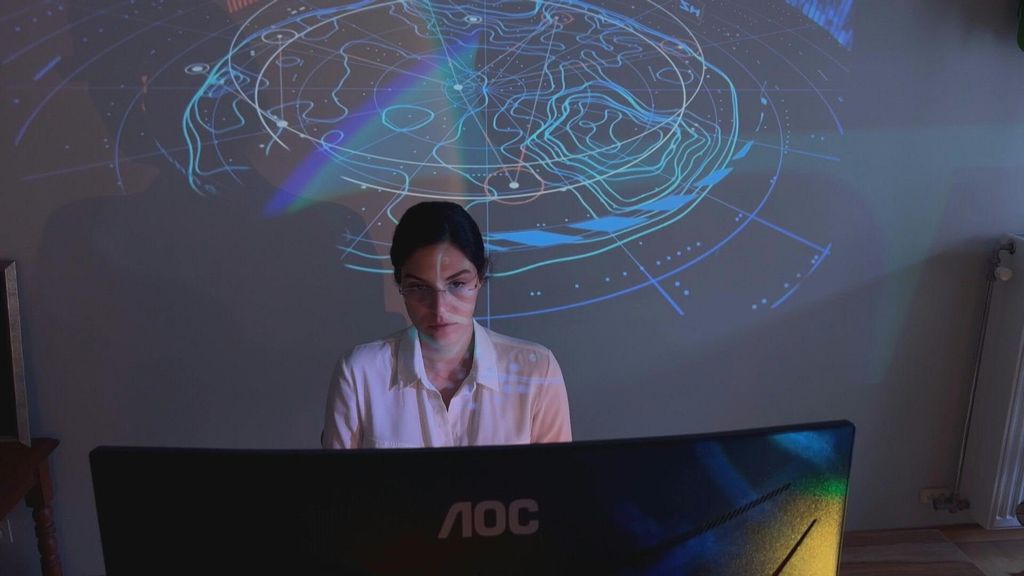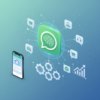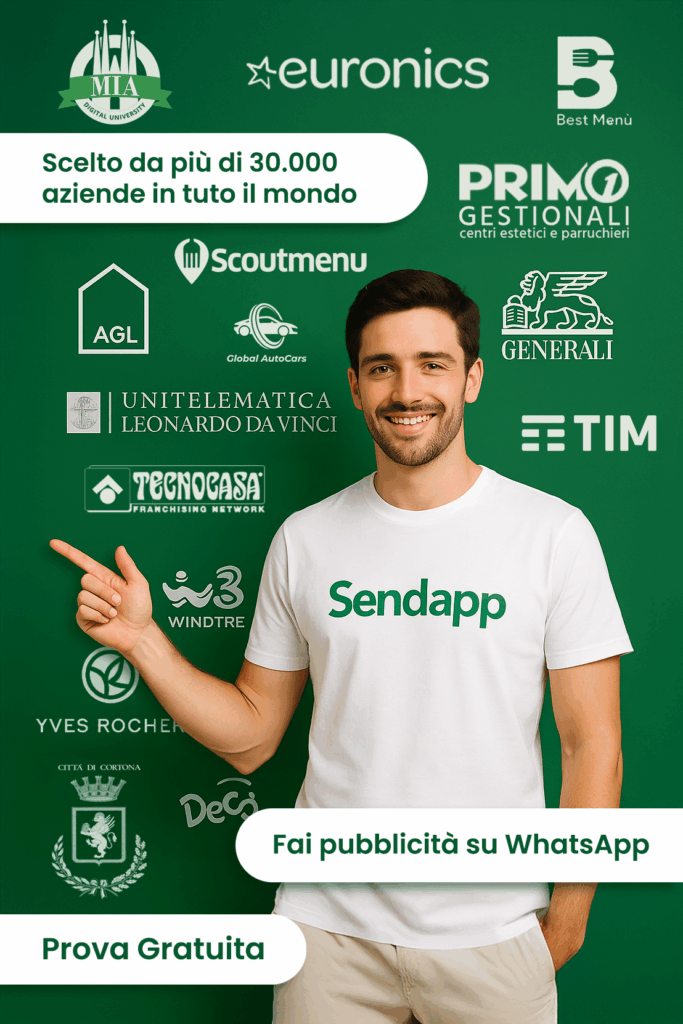UNESCO places limits on its use of Artificial Intelligence in schools
Growing concern about the use of artificial intelligence (AI) in schools has prompted UNESCO to outline new guidelines. The United Nations organization dedicated to education, science and culture released these guidelines during a recent conference in Paris. The goal is to ensure not only effective learning but also student safety.
Growing concerns: AI is becoming a phenomenon in schools
Even before the school year began, teachers expressed serious concerns about the growing use of AI tools like ChatGPT. These tools can generate texts that are indistinguishable from human texts, fueling fears of plagiarism and cheating on exams or homework.
The seven pillars of the UNESCO guidelines on Artificial Intelligence at school
The new UNESCO guidelines propose seven key areas of action. These include the development of a national policy framework, the creation of regulations for the ethical use of AI, and guidelines for data protection and privacy. The goal is to provide governments with a path to “regulate generative AI and establish policy frameworks for its ethical use in education and research.”
Age limit for the use of Artificial Intelligence: a proactive move by UNESCO
UNESCO did not limit itself only to providing guidelines; it also imposed an age limit on the use of certain AI tools. For platforms like ChatGPT, the minimum age has been set at 13. This decision was made following an investigation which found that fewer than 10% schools and colleges have guidelines in place regarding the use of AI.
UNESCO's official position: a balance between opportunities and risks
Audrey Azoulay, the Director General of UNESCO, underlined the duplicity of the situation. “Generative AI has the potential to be an incredible accelerator for human development. However, it is also a source of significant risks and, as such, cannot be integrated into education without a robust regulatory framework,” he said.
In summary, while AI offers tremendous opportunities to improve the efficiency and effectiveness of education, it is critical to regulate its use. This is to ensure that students gain important skills such as critical thinking and creativity, without compromising their confidence or academic integrity. The new UNESCO guidelines are a significant step towards the responsible regulation of AI in schools, striking a balance between technological innovation and human well-being.








